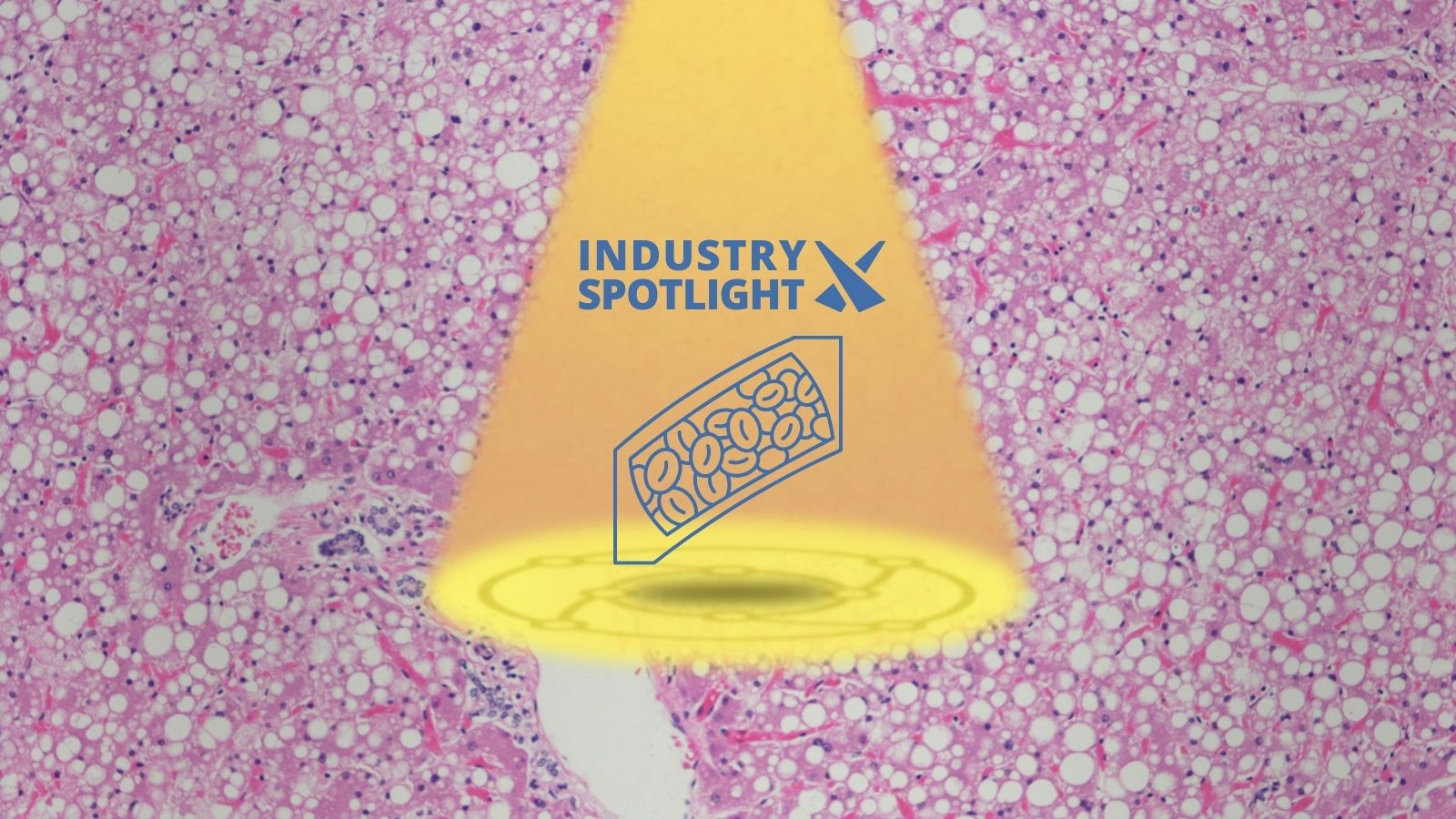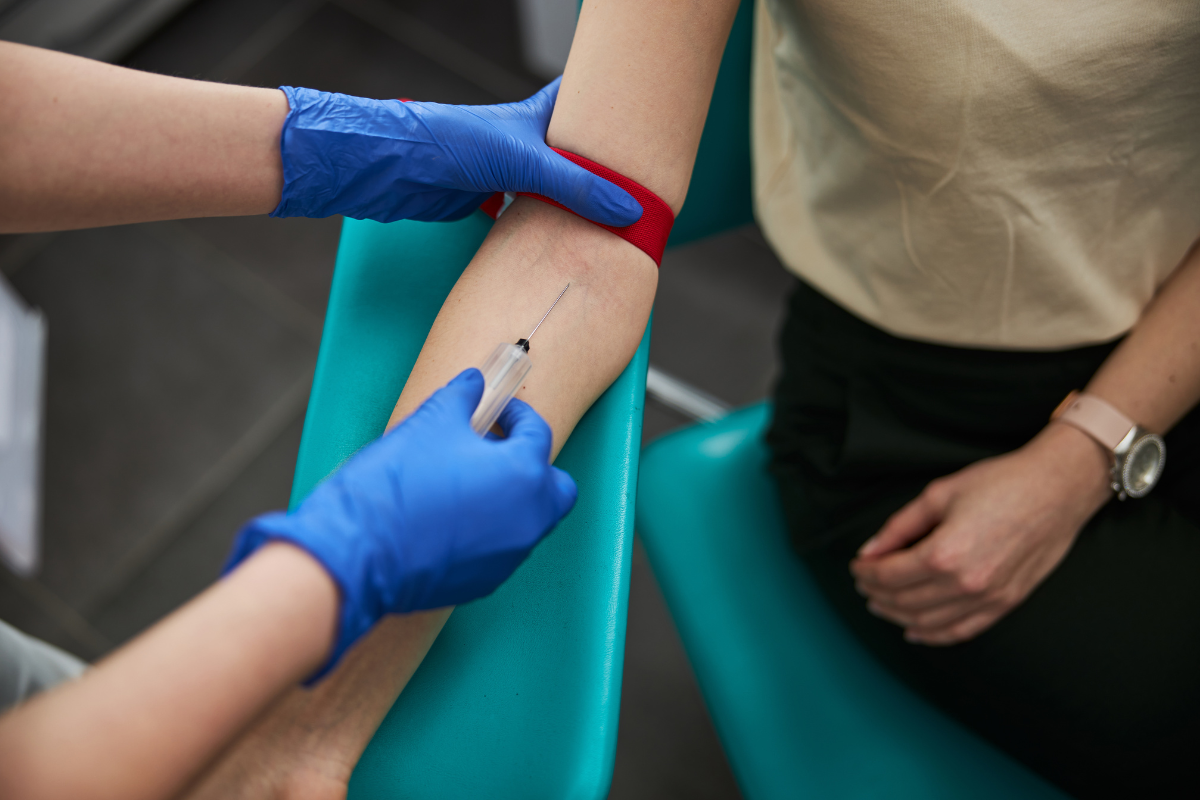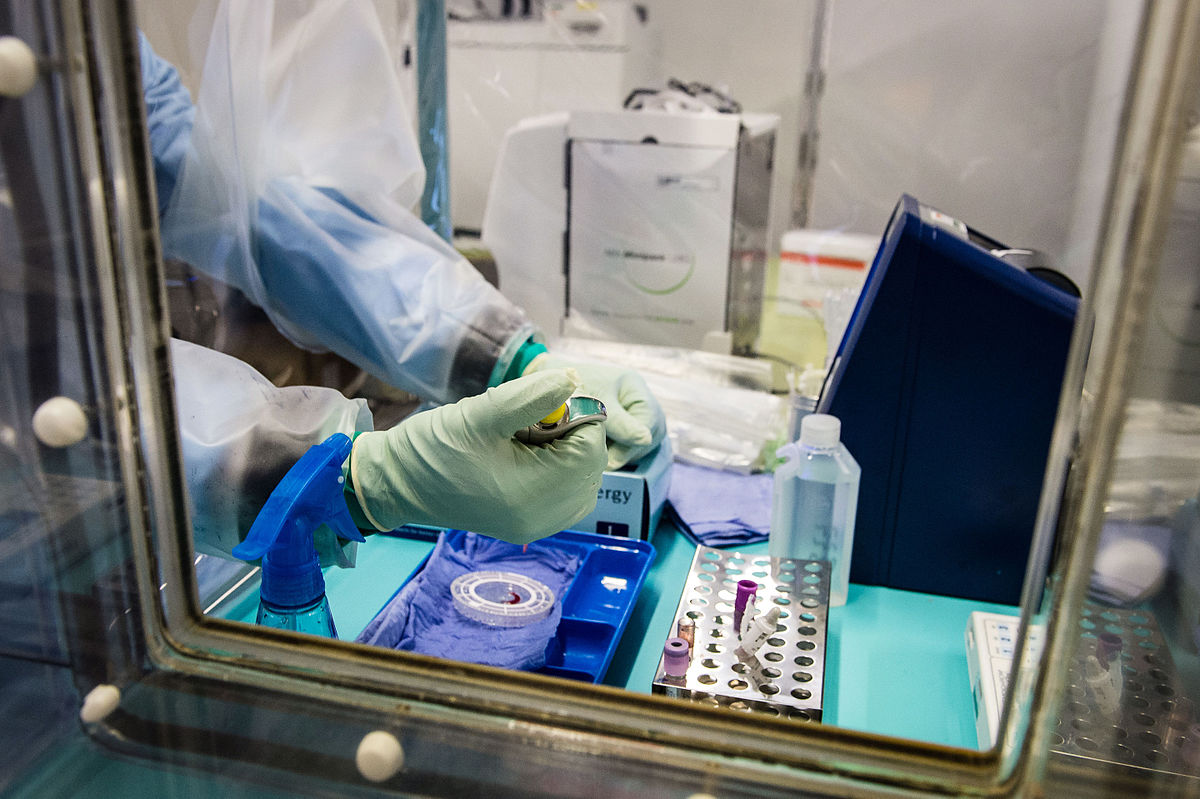Non-Invasive Blood Tests for the Diagnosis of Liver Disease

A recent study from the Foundation for National Institutes of Health (FNIH) demonstrated the efficacy of non-invasive blood tests in diagnosing non-alcoholic steatohepatitis (NASH).
The findings are a ‘significant milestone’ on the path to regulatory approval by the US Food and Drug Administration (FDA).
Blood-based biomarkers can reduce the use of invasive liver biopsy as a diagnostic tool, lower clinical costs, and increase access to care.
Patients with NASH typically do not display symptoms until the later stages of the condition, leaving many patients undiagnosed until they develop cirrhosis.
By expanding diagnostic options, more healthcare facilities and healthcare professionals would be able to diagnose NASH with greater safety.
Although several companies have previously developed tests to evaluate patient blood samples, none have met the burden of proof required for regulatory approval that would allow them to be used in clinical diagnosis.
This lack of approval has limited the use of such tests for diagnosing NASH and recruiting patients into studies to treat equivalent therapies.
Now, findings from the FNIH’s Biomarkers Consortium – which leads cross-sector efforts to validate and quantify biomarkers that accelerate the development of new therapeutics and health technologies – may buck the trend.
Blood-Based Biomarker Tests for NASH
The aim of developing a diagnostic test for NASH using a blood-based biomarker is to diagnose and treat patients with the disease while sparing them a painful and invasive liver biopsy.
Patient recruitment in clinical trials can also be hindered by the need for a biopsy, which in turn slows down the overall approval pipeline for new treatments.
In this study carried out by the FNIH, five biomarkers were assessed on performance, with the intention of scaling them up for widespread deployment if proven effective.
These biomarkers are ELF, NIS4, PROC3, Fibrometer-VCTE, and OWLiver.
Each biomarker was evaluated for its use in diagnosing NASH and advanced liver disease.
Four of the five biomarkers performed better than current blood-based laboratory tests in a study composed of over 1,000 participants representing the ‘full spectrum’ of disease severity.
Future Applications of Non-Invasive Blood Tests
The use of noninvasive blood tests is anticipated to spark increased interest in the development of new drugs, as these tests can facilitate enrollment in future studies and lower the costs associated with running a trial.
“Currently, to qualify for enrollment in clinical trials of NASH, patients must undergo liver biopsy, and many patients do not qualify,” said Jeffrey Siegel, MD, Office Director of the Office of Global Drug Evaluation Sciences at the FDA.
“The FNIH NIMBE project is assessing diagnostic biomarker tests to identify which patients may not qualify for enrollment without subjecting them to an invasive procedure.”
Tania Kamphus, Director of Translational Science, Metabolic Disorders, and Director of Patient Engagement at the FNIH and a co-author of the Nature Medicine article that these findings appeared in, described the results as ‘promising’.
“With regulatory approval, these noninvasive tests could become a new diagnostic standard of care for patients with liver disease.”
Get your regular dose of industry news and announcements here, or head over to our Biomarkers portal to catch up with the latest advances in diagnostics. To learn more about our upcoming Biomarkers UK conference, visit our event website to download an agenda and register your interest.







